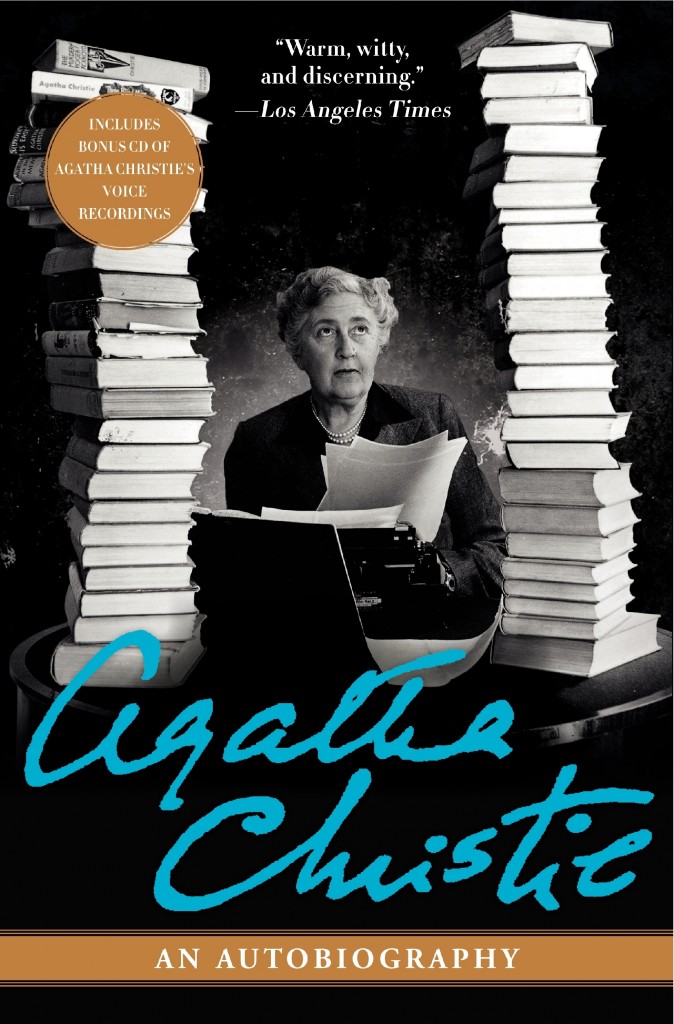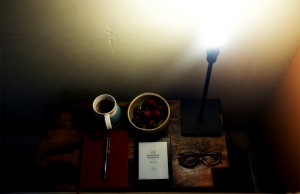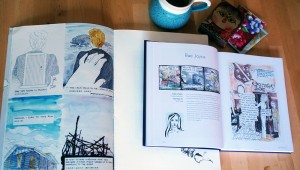 A very enjoyable book. Evidently coming from a different time and a different place, Agatha Christie knows, however, how to put her very interesting life on page and keep you hooked. She did not have an ordinary life. Not a charmed one for sure (she lived through both world wars and her first husband left her for another woman) but an exceptional life in many ways.
A very enjoyable book. Evidently coming from a different time and a different place, Agatha Christie knows, however, how to put her very interesting life on page and keep you hooked. She did not have an ordinary life. Not a charmed one for sure (she lived through both world wars and her first husband left her for another woman) but an exceptional life in many ways.
Agatha Christie appears as somewhat of an outdated, shallow figure. She does not waste a lot of time talking about her writing but mentions multiple times that she took a long time before she thought of it as a career and of herself as a writer. “Married woman” would be the occupation she declared on official papers for the longest time. She was not one of those tormented creators, whose flame burns day and night for their work. She wrote because it made money and because she was good at it. And in the end she was not particularly proud of many of her books. It appears to me as if she didn’t find writing as something to be particularly proud of. Or she was of unbelievable modesty. Or both.
I do have great admiration for Agatha Christie because she was so successful as a writer, which very few women managed at that time. I also admire the fact that she wrote (most of her work) under her own name. Isn’t that admirable for a woman writer? Of any time? But she did come from a place of extreme privilege, which I cannot identify with or understand much. I must confessed that I felt judgmental of her ways many times throughout the book. I don’t know what were the upperclass standards of living in that day (or today, for that matter) but she had a child whom she left behind numerous times, for long periods, from an young age, so she could travel the world. It was something that she clearly did without giving it a second thought: it was not something she worried about for a second. At least that’s what it looks like. The child grew up with nurses and was cared for by Agatha Christie’s sister when Agatha was away on travels.
She was quite a fearless woman, though. I will give her that. And as a writer, she will always have my admiration. And I consider it a privilege to be able to read now the autobiography that she wrote toward the end of her life.




Oh, thank you, Rachel. You’re too kind. As always. She was such an unbelievable writer. And she didn’t give herself much credit for it. Very unusual. I guess this would be the autobiography as opposed to a biography, but even in autobiographies people would go on and on about how writing is so terrific and lifesaving and whatnot. She did not wrap her whole identity around her writing. I guess that’s what makes it unusual.
terrifically, even..
I think her life was pretty much the norm for the British upper-middle classes, both then and now. It’s standard to have other people , nannies and so forth, to take care of your kids and then to send the mites off to boarding school. The men who govern England are predominantly the ones who grew up away from their mothers – no one seems to find this odd or draw parallels with parenting and leadership. But who am I to say? Not my experience of life either.
I think Christie wrote very well of a particular class of people and as such her works are valuable as social histories as well as the clever mysteries we know her for. I think your review really cuts to the heart of the matter whilst preserving her reputation and presenting her as a terribly, terrificly spiffing writer. Great work.
[…] More: Agatha Christie аn Autobiography | Lori Tiron-Pandit | Blog […]